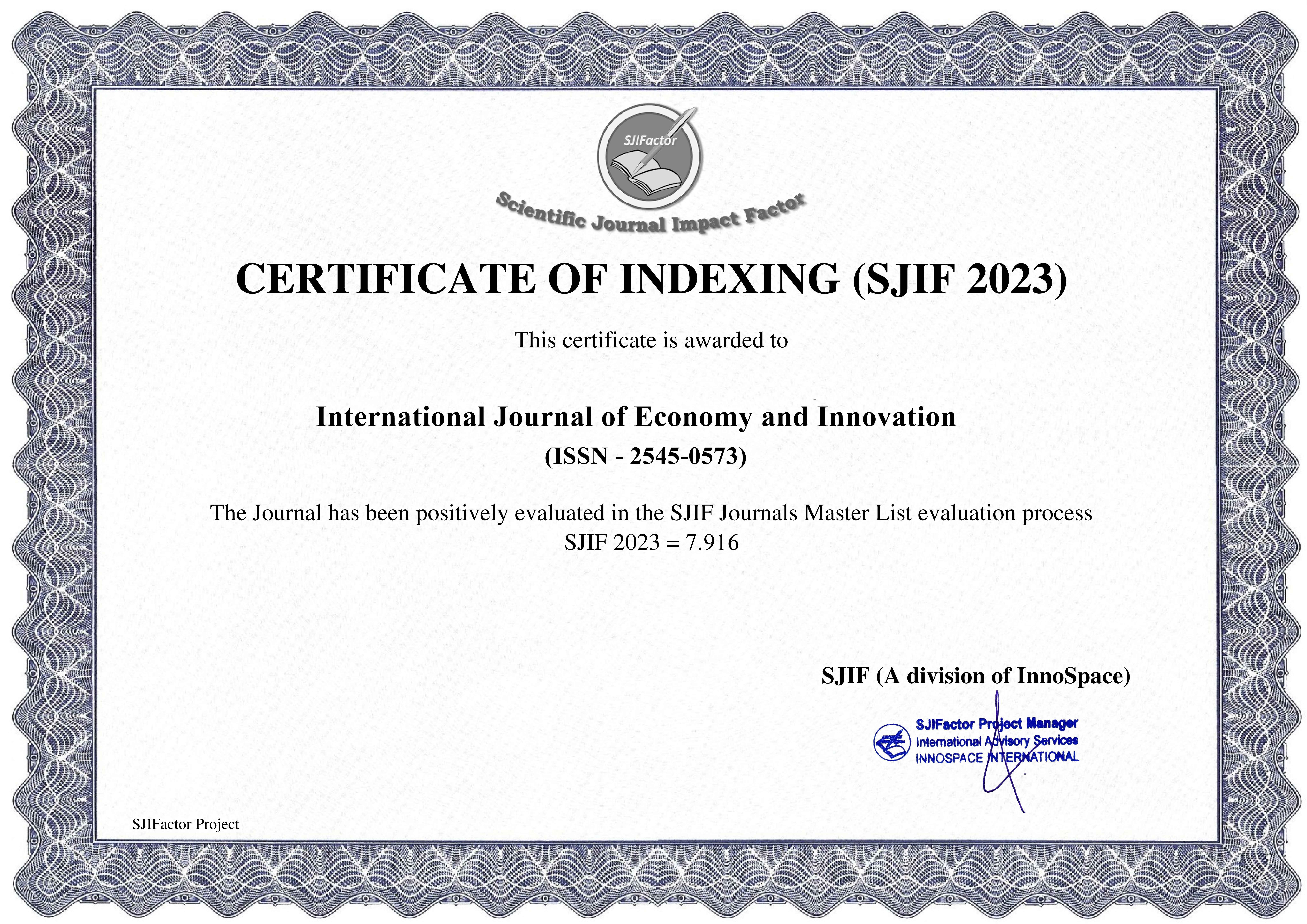FOREIGN EXPERIENCE OF TAXING FOREIGN COMPANIES
Keywords:
rate divisions of banks, tax rates, state tax regulation, foreign tax systems, corporate profit taxationAbstract
The subject of this research is the rules of corporate income taxation foreign countries existing in foreign countries, the experience of implementation of which is valuable for further development of the Russian legislation. The current state of tax systems is viewed from the perspective of implementation of the baisc tax functions: fiscal and regulatory. The importance of corporate profit taxation in formation of the income base of the budgets of the budgetary system of the Russian Federation justifies special attention to the existing mechanisms for distinguishing tax revenues between budgets of bot different levels and same level. In the context of state regulation of the economy, analysis is conducted on the tax incentive instruments and preferential tax conditions intended for stimulating innovative activity of the companies. The scientific novelty lies in summarizing the experience of foreign countries in corporate income taxation, determining the leading practices, and formulating recommendations for their implementation in Russia. The conducted research reveals the trends in reforming tax legislation of the developed countries aimed at stimulation of entrepreneurial activity. Sustained reduction in corporate income tax rates, shift away from progressive scale, and implementation of new tax incentives contribute to lowering of fiscal burden on businesses and create favorable conditions for the economic development. The author develops recommendations for the improvement of corporate profit taxation in the Russian Federation: 1) For increasing the validity of division of tax revenues between regional budgets, it is suggested to change the procedure for calculating the tax payable by separate banks units. In calculation of the share of taxable profit for each bank unit, it is recommended to take into account labor costs, amount of loans issued and deposits raised. 2) The comparative analysis of the Russian and foreign experience of tax incentives demonstrated the shortage of instruments intended for commercialization of innovations in the Russian Federation, which substantiates the need for implementation of preferential taxation of income from use of the objects of intellectual property.

















